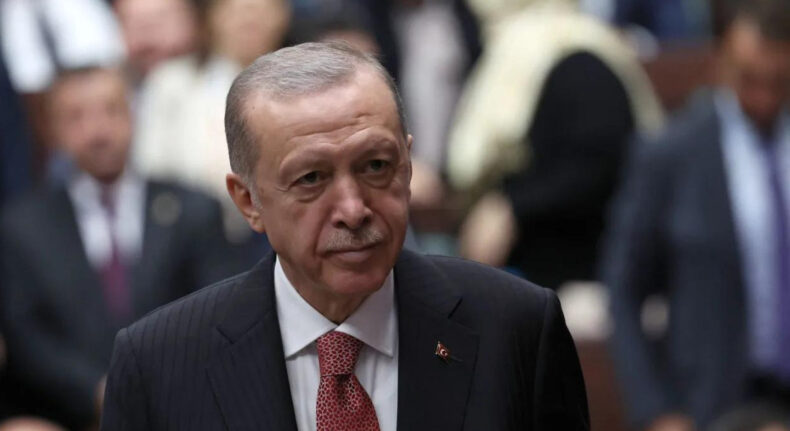With the re-election of Erdogan as the President of Türkiye, the cloud of haze has become clear regarding Turkish foreign policy towards Greeks while both countries have been at loggerheads with each other over several issues for decades. There are hopes for mending ties which however cannot be guaranteed given Turkey’s nationalist agendas.
The recent thaw in relations between the Turks and Greeks
The relations between Türkiye and Greece have seen signs of tranquility in recent months when Greece moved forward with a benign motive to help Türkiye in relief operations after it was badly hit by earthquakes in February. These baby steps demoted the elevated tensions between the Mediterranean countries.
Moreover, in the last couple of months, the foreign minister and defence minister of both states amidst thaw in the milieu though no progress was made in resolving the knotty issues, both the warring parties showcased their intention for improving the relations.
Another reason anticipated for mild normalization is that of the Turkish economic crisis which has adversely affected the economy at home. Given this dilapidation, Erdogan might be compelled to forge cooperation with Western countries to secure more aid and loans as assistance from other Middle Eastern countries is not enough to salvage the situation.
As the West historically has been supportive of the Greek cause, therefore, Turkish belligerence has to take a back seat if it wants uninterrupted financial help from Western countries.
Apart from this, the US ambassador to Greece George Tsunis at the Delphi Economic Forum expressed that “ It is in everyone’s interest here to work towards peace” and that there is a desire in both countries to strive for peace and compromise.
Athens has asserted that it wants perpetual peace and an agreement to eliminate the prevailing problems by approaching the International Court of Justice.
The bone of Contention between Turks and Greeks
The picture is not as rosy as it appears and despite Erdogan having transitioned his way of narrativizing the reality by showing a reconciliatory attitude, there is no way he is going to subside his covert goals. He seeks to push his Blue Homeland doctrine according to which Turkiye wants to become a naval power of the East Mediterranean Sea to build its maritime hegemony in its vicinity.
Athens and Ankara have disputes ranging from the country of Cyprus which is divided between Greek Cypriots and Turkish people, maritime boundaries in the Mediterranean Sea are one of the causes of conflict, and territorial claims by both in the Aegean Sea is another area where they disagree.
Greece and Turkey have almost waged war with each other thrice in the past. The last such incident was in January 1996 over a couple of islets called Imia in Greek and Kardak in Turkish, the
Both countries have been on the brink of war since 1974 when Turkiye annexed Cyprus in retaliation for a coup attempt on the island spearheaded by a military leader ruling Greece. Since then, the island country is bifurcated between the Greek majority called the Republic of Cyprus(ROC) and the Turkish Republic of Northern Cyprus(TRNC).
ROC has been internationally recognized whereas the Turkish Republic has been recognized only by Türkiye. The island country is infested with ethnic divisions. Until now, no concrete settlement has taken place to alleviate the citizens’ plight.












